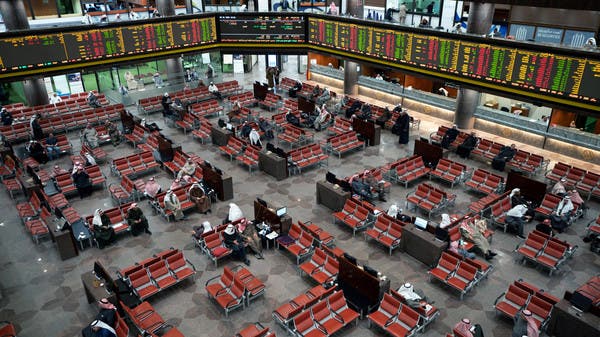The economic expert, Muhammad Ramadan, said that the devaluation of the Kuwaiti dinar could be the last solution before the state until it improves its economic situation, indicating that this is a governmental decision.
Speaking to Al Arabiya, he added that Fitch’s reduction in its view of Kuwaiti banks does not affect the value of the dinar.
At the same time, he believes that the damages of this step are significant, noting that some Gulf countries have weak financial solvency, but they continue to peg their currency to the dollar.
He explained that the most sustainable solution to address the liquidity crisis in the Kuwaiti state is to pass a law that allows the use of generational reserves when needed.
Last Thursday, Fitch Ratings revised its outlook for 11 Kuwaiti banks to negative from stable, after it lowered the outlook for the same country this month.
With “a large proportion of financing in the banking sector tied to the government,” the agency said, banks would be under pressure if the country itself “was undergoing some pressure.”
On the second of February, Fitch lowered its outlook to classify Kuwaiti sovereign debt to negative from stable, warning of near-term liquidity risks associated with the state treasury fund.
– .


